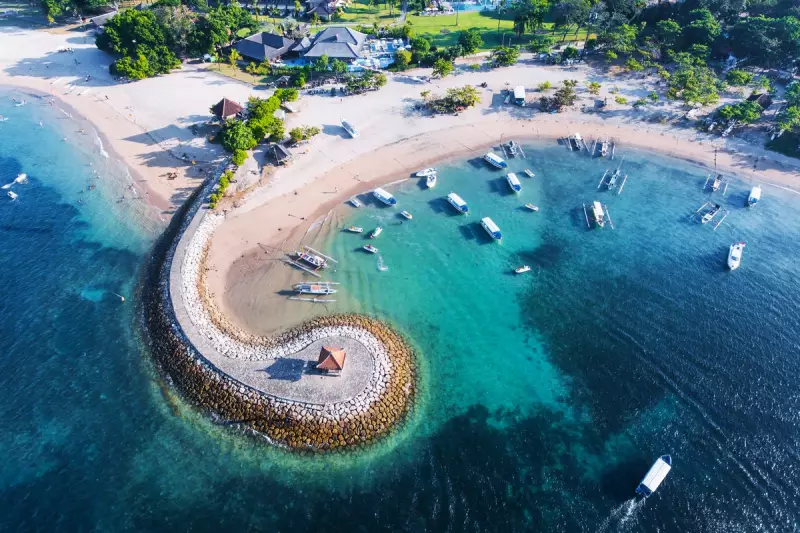
The Indonesian paradise of Bali is taking decisive action against the growing trend of private beaches, with new legislation set to guarantee public access to all shorelines across the popular tourist island.
Religious Rights Under Threat
Governor I Wayan Koster has submitted draft legislation to the Bali Regional Legislative Council (DPRD) on November 17th, aiming to protect what he describes as "highly important" community spaces. The move comes after increasing concerns that commercial developments are preventing local residents from accessing beaches for traditional religious ceremonies.
"Access to the beach for Segara Kerthi or Pakelem ceremonies is becoming increasingly limited," Mr Koster stated, directly criticising hotel and villa operators for blocking public pathways. "Some hotel and villa operators are blocking public access, prohibiting residents from performing religious activities."
Illegal Restrictions Face Crackdown
The new regulation aims to restore Bali's beaches to their original purpose and prevent tourist operations from imposing what authorities consider illegal restrictions. Despite existing 2016 Presidential Regulations that clearly state beaches are public spaces belonging to the state, many luxury establishments have claimed adjoining shorelines as private property.
"It's as if those who build hotels or villas think they own the beach and the sea," the Governor added. "They dictate what people can and cannot do, even though they only own land near the shore, not the beach or the ocean itself."
Under Indonesian law, beaches are defined as land along the shoreline extending at least 100 metres inland from the highest tide line, making them public spaces that cannot be privatised.
Swift Implementation Planned
The Balinese government intends to debate the proposed legislation rapidly, with the goal of passing it into law before the end of 2025. This comes after numerous recent incidents where both local people and tourists were ejected from beaches by hotel management for alleged trespassing.
The crackdown represents a significant shift in Bali's approach to tourism management, prioritising cultural preservation and public access over exclusive commercial interests. For an island where picture-perfect beaches serve as the primary attraction for visitors, ensuring these spaces remain accessible to all represents a crucial balancing act between tourism development and traditional values.





